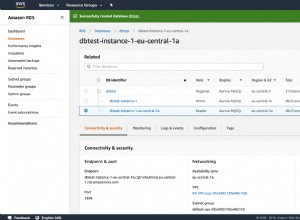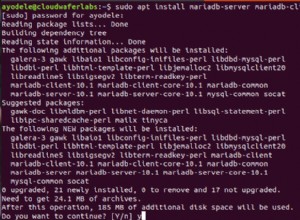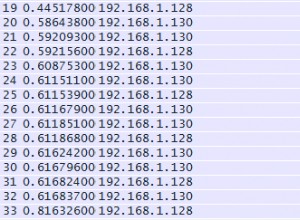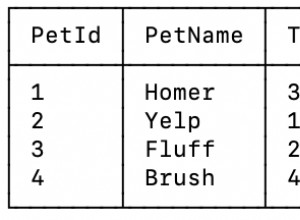Après avoir relu votre question, voici ce que vous vouliez vraiment :
with cte1 as (
select 1 id, 'abc def hijk www' str from dual
union all
select 2 id, 'abc def iosk www' str from dual
), num_gen as (
-- a number generator up to the minimum length of the strings
SELECT level num
FROM dual t
CONNECT BY level <= (select min(length(str)) from cte1)
), cte2 as (
-- build substrings of increasing length
select id, num_gen.num, substr(cte1.str, 1, num_gen.num) sub
from cte1
cross join num_gen
), cte3 as (
-- self join to check if the substrings are equal
select x1.num, x1.sub sub1, x2.sub sub2
from cte2 x1
join cte2 x2 on (x1.num = x2.num and x1.id != x2.id)
), cte4 as (
-- select maximum string length
select max(num) max_num
from cte3
where sub1 = sub2
)
-- finally, get the substring with the max length
select cte3.sub1
from cte3
join cte4 on (cte4.max_num = cte3.num)
where rownum = 1
Essentiellement, voici ce que vous feriez en pl/sql :créez des sous-chaînes de longueur croissante et arrêtez-vous au point où elles ne correspondent plus.




